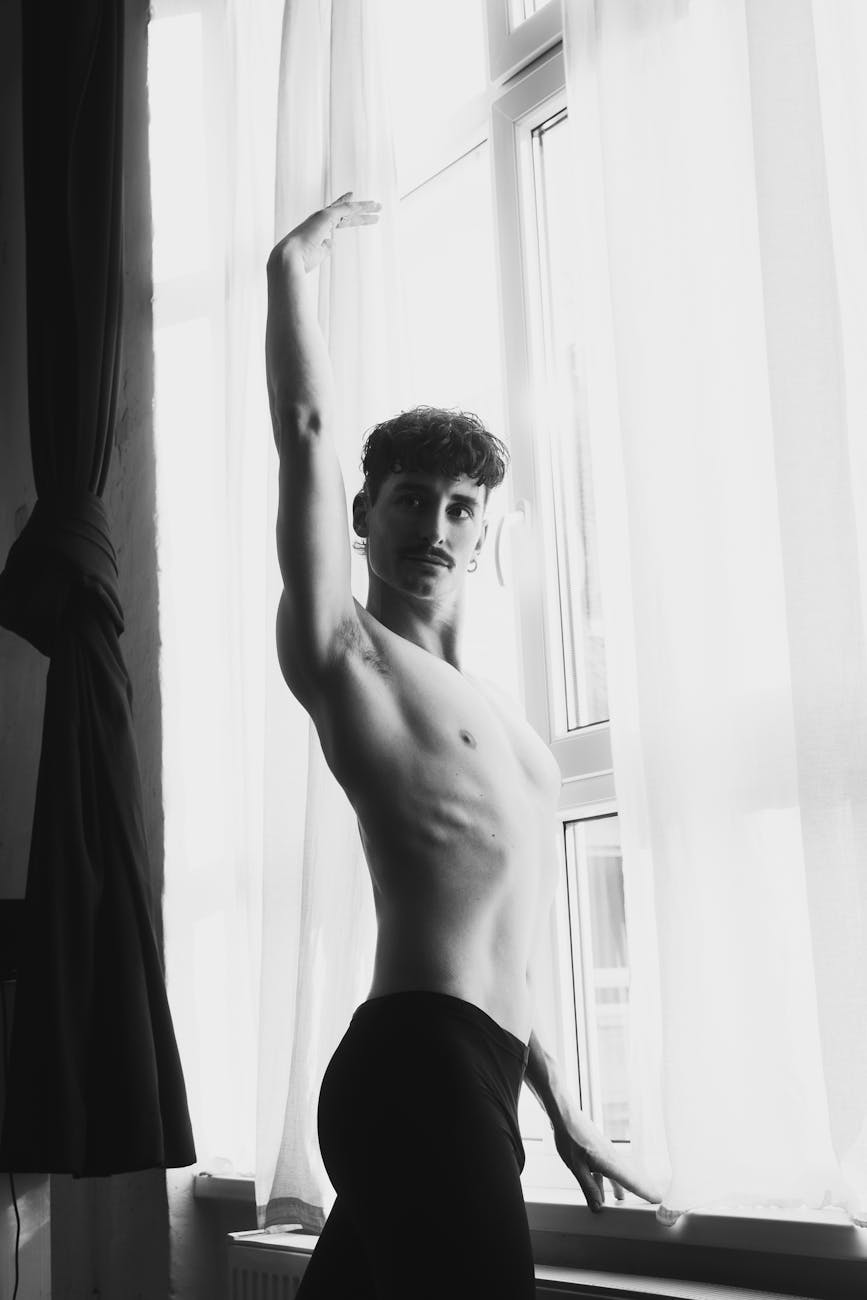We live in a society that values complexion and physique as something everyone should be striving for. It is a society that makes us feel differently about how we look by putting different labels on us—through narrow-minded beauty ideals and an insidious diet culture. The overall message we receive is that we should strive for the perfect body and find ways to hide our flaws. The interesting point is, we are still prey to this ideology even in the 21st century, wherein the world has moved so far forward, yet weight-conscious culture and physical appearance often override health considerations. But the actual truth is that bodies come in all shapes and sizes, and that all bodies are valuable—no matter what they look like or how healthy they are.
Body-shaming is an inescapable form of bullying that shames or tears someone down for how they look, humiliating them with inappropriate or derogatory comments about body size, shape, or color. This is a very unhealthy practice, considering how many people around the world experience this trauma—sometimes from strangers and often from those closest to them. Imagine how tough it must be to handle all that hatred while already coping with life's many hurdles. Technological platforms play a significant role by emphasizing physical appearance, as it's easy to post hurtful comments online due to increased access and anonymity. Our so-called conservative society has taught us the ideal definition of a BODY—wherein, no matter how brilliant, beautiful, or different you are, your skin type and perfect body shape will always make the first impression.
Of course, this applies to both men and women, as men too experience negative body image and are subjected to body-shaming comments and pressure to conform to certain physical ideals. Society is unhealthily and utterly obsessed with the amount of flesh on another human body.
Being very slender during my school/college days, I myself have been subjected to irritating comments such as: “Don’t you eat?” or “You eat like a bird,” or “You look like a skeleton/fish bone,” or “Sukha Bombil,” or “Chopstick,” or “Matchstick,” or “You are too skinny, you should put on weight,” or “Are you sure you haven’t lost weight?” and so on. I was skinny not because I didn't eat, but because I was just built that way. It made me feel terrible—that I was never going to be attractive enough unless I put some meat on my bones. I tried all the ridiculous advice people gave me: to pig out, eat only oily foods, be a couch potato—but nothing ever really worked. I’ve spent nights crying because I wasn’t what people wanted me to be, and I lost sleep over my relationship with my body and everyone else’s opinions about it.
Being fat is considered unattractive and something to be ashamed of. You are bullied and called names like Fatty, Elephant, Moti, Bulldozer, etc. Fat people are constantly told they should just work out and lose weight, and then when they do, they’re told they’re “brave” for stepping into a gym. But we must accept and understand that people of all body types work out for all kinds of reasons—just as people of all body types don't or can’t work out for all kinds of reasons. We must understand that we only have a certain degree of control over our genetic makeup and metabolism. Why can’t we accept a fat person just as they are, regardless of what the weighing scale says? It’s time to eradicate the myth that being fat—or having fat on your body—is a bad thing, especially when research continues to prove that healthy bodies exist in all sizes.
If you observe fairness cream advertisements, you’ll realize the huge media bias associated with being fair-skinned. Fairness is projected as a means to live a happy life, find a good groom, land a good job, and become successful. The media constantly reminds us how terrible it is to be dark-skinned and how we need to lighten our complexion to be happy. And beyond the media, society reinforces this idea—constantly pointing out how dark-skinned you are as if it’s a flaw. You hear comments like “Woh kaali ladki,” or “Had she been fair, she would have been so pretty,” or “Play inside, beta, the sun will make you darker.” It’s almost as if your beauty is defined solely by your skin color.
Our society has become so conditioned to believe that if you have big breasts or a large butt, you are sloppy or unattractive. You’ll feel people staring all the time, or making eye contact with your chest. The lingerie store attendant will always insist or seem confused about your size. Comments will flow—“Why are they so big?” or “Don’t you feel weird?” or “Why do they hang like that?” or “Don’t wear sleeveless tops, they make them look bigger,” or “Make your bra tighter—they’ll look smaller,” or “Do these chest exercises—it’ll reduce the size,” or “Why are they so shapeless?” or “You’re chesty,” or “Beta, your butt is getting so big,” or “Your cups are much, much larger…”
There are other forms of body shaming, such as
- The belief that women should remove all body hair to be ladylike, or else they look beastly.
- Thin eyebrows being considered a problem—society demands they be visible, dark, and thick.
- Negative comments if someone doesn’t follow fashion trends or wears outdated clothes.
- Pregnant women are being criticized for their post-pregnancy weight.
- Criticism based on sexual orientation or gender identity.
- Age shaming.
- Baldness (especially in men) being the butt of jokes. A “good head of hair” is often seen as a symbol of attractiveness, masculinity, and strength.
- Fat belly shaming.
- Height shaming.
…and the list goes on.
Our society associates fat with bad, dark with ugly, and skinny with sickness. It convinces teenagers that a zero figure and a visible belly button are what society demands. Think—how many times have you been taunted to mold yourself into a "presentable" version? In doing so, we end up criticizing our own appearance, based on judgment or comparison to someone else’s ideals.
People who body-shame others often don’t realize how much damage they inflict. They lower the morale of those they insult, pushing down their self-esteem to the point where it chokes them from within. They don’t realize how they’re shaping someone's life—or destroying it. People whose bodies fall outside society’s rigid standards of perfection are often belittled by friends and even loved ones, which compels some to take extreme steps—like consuming unprescribed medication—without understanding the consequences.
Why don’t we shift the focus away from the negative and start celebrating our bodies as they are? We are all unique—and quite beautiful. So why are we ashamed of our own beautiful bodies? It’s never too late to start improving your relationship with your body. There are millions of bullies in the world—the last one you need is your own inner bully. Accepting our bodies and embracing our flaws is the best gift we can give ourselves. People will always have different versions of us in their minds—but that’s on them. We are the best versions of ourselves, and pleasing others shouldn’t be our priority.
I believe we, as human beings, have the right to live the way we want. Nobody has the authority to judge us based on physical appearance. In the end, a healthy mind and a healthy body are what truly matter. Accept people for who they are—we’re all different, and none of us are perfect.
We all deserve self-worth. This isn’t something you create or acquire—it’s something already within you. It’s something you rediscover after healing the wounds caused by misguided messages from others. Your body is never the problem. Learn to be happy in your own skin, ignore the noise of the world, and respect and appreciate your God-given body. Embrace the power of your body. Love your body—because you only have one.
"You are beautiful the way you are. But you just have to realize that fact."













Well- Written